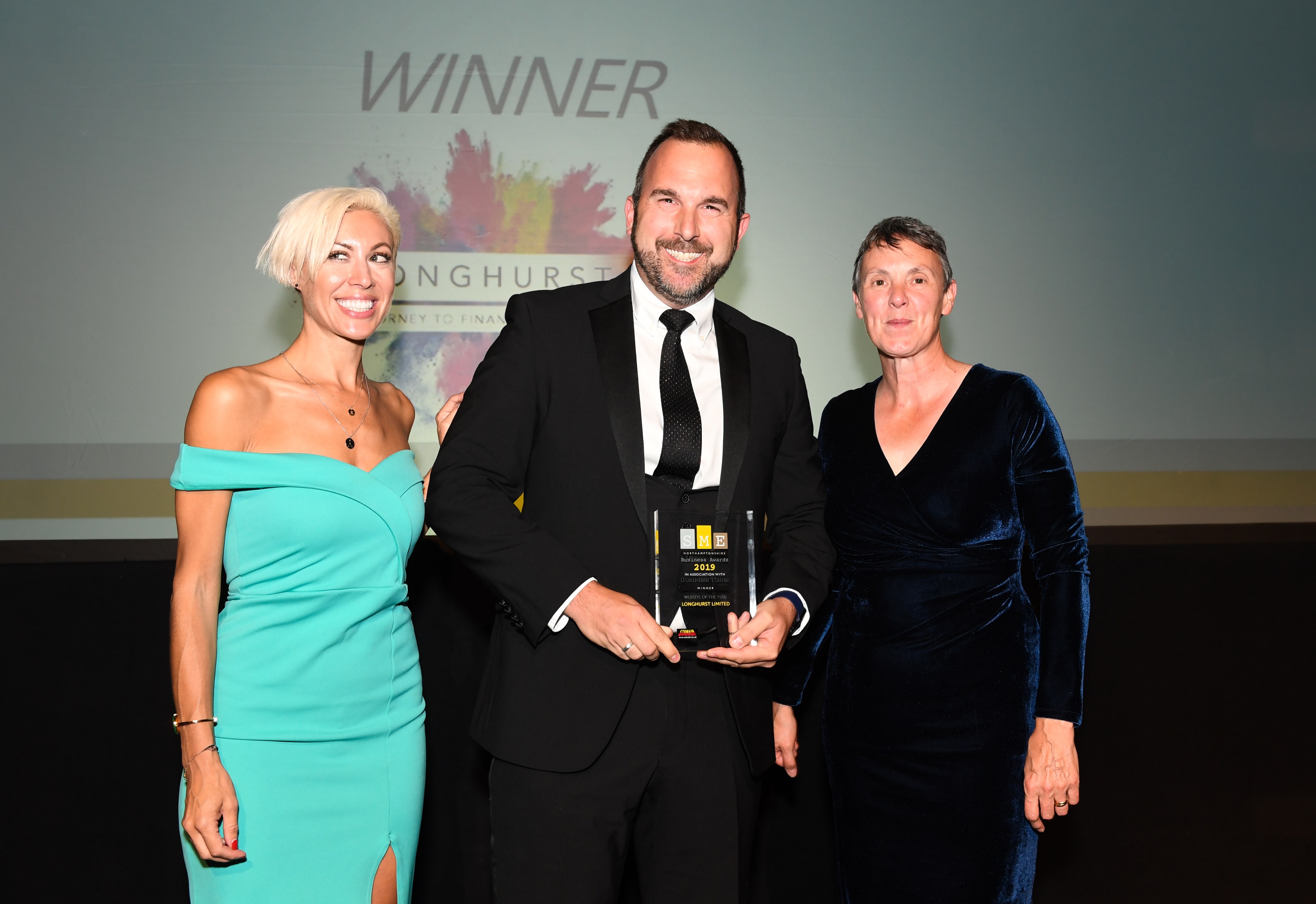Raising Kids Who Give
Lauren Janus – Charitable & Good-Giving Adviser
As parents, we spend so much energy making sure that our kids have everything they need to be successful. We pack the nutritious lunches, schedule the swimming lessons and sit through the homework sessions so that our kids grow into competent, well-rounded members of society.
But what if we want our kids to recognise others’ needs too? What if we want them to be healthy, clever kids who also care about the wider world? How do we make our kids givers?
Not surprisingly, the research says that one of the best ways to instil a habit of giving in your children is to give yourself. But here’s the important part, especially if you have sons—you need to intentionally talk with your kids about charitable giving if you want them to grow up to give themselves.
While girls are more likely to give as adults just by having watched their parents give, boys especially need to be “actively socialised” into the practice of giving. This means talking to and involving your kids in your giving throughout their childhood and adolescence.
Here’s how to start:
- Introduce them to need. Most kids live in bubbles encompassing their homes, schools and not much else. Unless you’ve travelled a lot or live in a particularly diverse area, your kids probably don’t have many friends who’ve gone hungry or faced homeless-ness.
Instead of marching them down to the nearest shelter to serve up hot dinners to the homeless, try introducing your kids to issues first. Watch the news and documentaries together and talk about the obstacles people are facing.
If your kids are younger, read stories together about kids going through tough times. The Suitcase is a lovely story about kindness and refugees. Great picture books about poverty and economic insecurity include A Chair for My Mother (a classic!) and Tight Times. Ask your kids what it would feel like to be in the characters’ shoes.
- Talk about what giving means.After you’ve explored some issues together, start talking about what it means to help. Donating money is one way to be charitable, but volunteering or just being kind to others who are struggling is important, too.
Tell your kids about times when you’ve helped a neighbour or lived without something you wanted so that someone else could benefit. Point out particularly generous or charitable people—in the news, in history and on the street—and praise them in front of your kids.
If your children are older, get explicit and write out the charities you give to and volunteer for regularly. Show them the list and talk with them about why you choose those organisations. If you’re not giving as much as you’d like to be, tell your kids this, too! They can help you work on your goal to do more.
- Make meaningful giving a family tradition.Ask your kids to help you come up with ways you can give as a family. Sure, you can collect old toys for the charity shop or host a fundraising bake sale. But also look for richer opportunities to give, where kids interact directly with people in need.
Our family has started volunteering with a charity that matches families with house-bound elderly residents in our town. Once a week, we make a little extra of whatever we’re having to eat that evening and bring it over to Jean, a woman in her 80’s who lives down the road. We have a chat and Jean gets a home-cooked meal.
Our children are young, but because of these visits they understand that it’s important to look after people like Jean in our community.
If you’ve got older kids, consider telling them you’ll match any donation they give to charity.
Great charities to start with are ones where kids can choose who or what to support. Check out Global Giving, where kids can pick specific projects to fund—everything from caring for street dogs in India to a basketball clinic for disadvantaged Nigerian children.
If you want to empower your teen a bit, try giving her a Kiva gift card. Kiva makes microloans to people in the developing world so they can do things like start small businesses. Your teen can search the charity’s site on her own, make a micro loan and then do it all again when the loan is repaid. Bonus points if you get her to talk with you about who she chose to give to and why.
To sum up
Raising children to value giving isn’t difficult. But you do need to be intentional about it. The good news is that talking about those in need and giving are fantastic activities for kids of any age.
If you’d like to start a conversation about your charitable and good-giving plans, please contact me at hello@Longhurst.co.uk.
Legal Notice
Lauren is not employed by Longhurst Limited. Lauren Janus owns Thoughtful Philanthropy Limited. Please click here for more information.
Longhurst Limited does not accept any legal or financial responsibility for the services Lauren Janus or Thoughtful Philanthropy Limited provides.
Charitable and Good-Giving services are not regulated by the Financial Conduct Authority.




